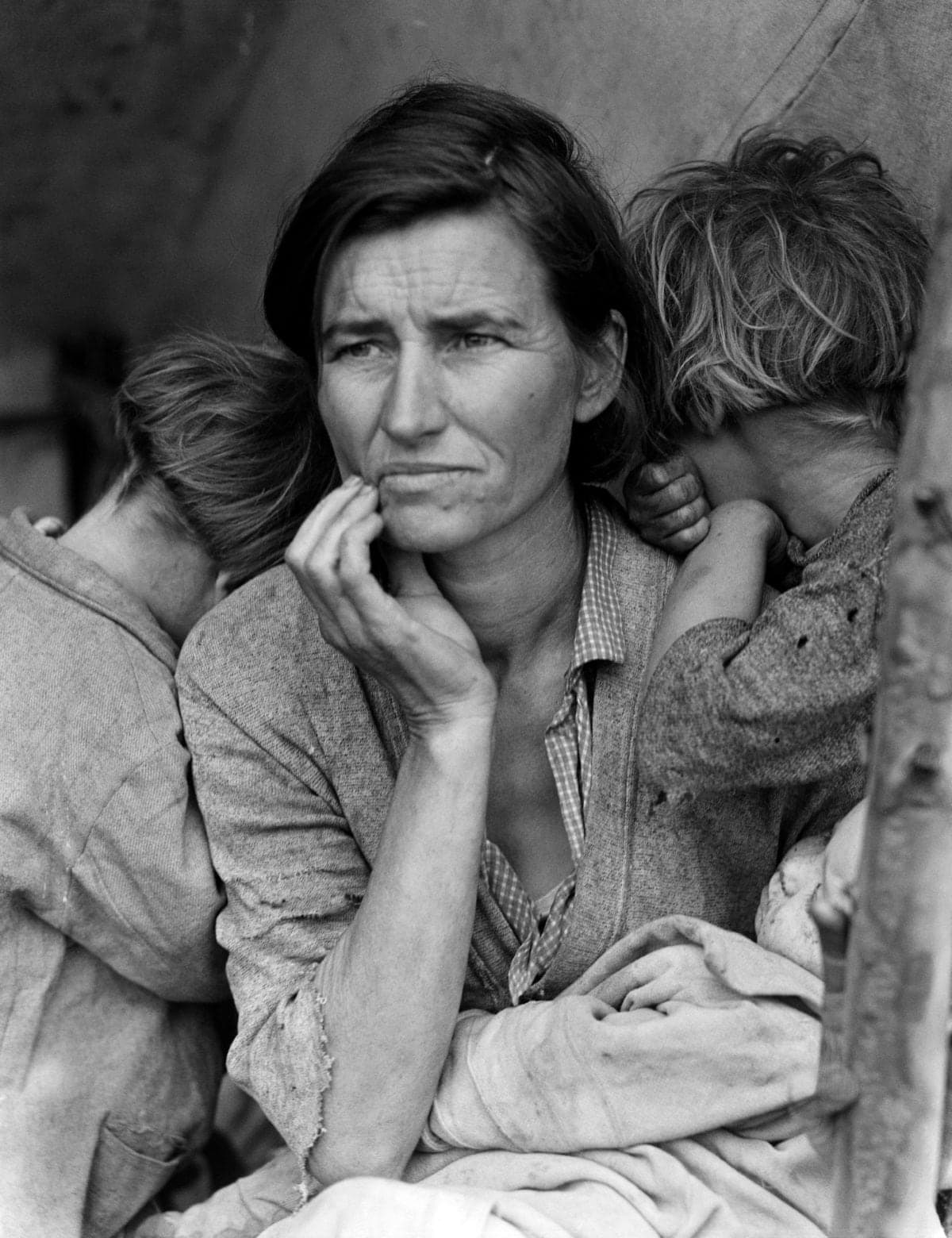Key Takeaways
- Economic Impact: The Great Depression was marked by severe economic downturn, high unemployment, and significant drops in both industrial production and market values.
- Political Shifts: The crisis led to major political changes, most notably the election of Franklin D. Roosevelt who introduced the New Deal.
- Social Consequences: Increased migrations, social unrest, and significant shifts in demographics were profound during this period.
- Cultural Influence: The era significantly influenced American culture, including literature and the establishment of social safety nets like Social Security.
- Global Impact: The Depression was not confined to the U.S. but had a worldwide effect, altering economies and political landscapes internationally.
Introduction
Imagine standing amidst the bustling crowd on Wall Street on a chilly October morning in 1929. The air is thick with anticipation and fear. By the afternoon, the financial world would be on its knees, marking the onset of the most severe economic depression in modern history. This was not just a financial crisis; it reshaped American families, politics, and the very soul of the nation.
The Descent into Economic Despair
The crash of the stock market in October 1929 is often viewed as the beginning of the Great Depression, but the truth is, the economy was showing signs of distress long before that fateful month. Industries like construction and farming had been struggling, and banks were in peril with no federal insurance to protect them. The public’s confidence plummeted alongside their savings, setting off a chain reaction of reduced spending, and further declines in employment and production.
The New Deal: A Beacon of Hope
In the dark winter of 1932-1933, when it seemed like the sun would never rise on the American economy again, Franklin D. Roosevelt was inaugurated as President. With a promise of a ‘New Deal’ for all Americans, Roosevelt implemented a series of programs aimed at relief, recovery, and reform. From strict regulations on banking to the creation of jobs through public works, these measures not only aimed to revive the economy but also to restore faith in the American government.
Social Changes and Cultural Impact
The Great Depression was not just an economic event; it had profound social implications. Families were displaced, moving en masse from drought-stricken agricultural regions to cities in search of work. This era also saw a significant change in the role of government in everyday life, laying the groundwork for modern welfare systems. The cultural landscape was marked by a shift towards more socially aware literature and art, with works like John Steinbeck’s “The Grapes of Wrath” painting a stark picture of the times.
Recovery and Lasting Effects
While the U.S. economy began to recover in 1940, the true end of the Great Depression is often tied to the onset of World War II, which led to a surge in employment and production. The lessons learned during the Depression have influenced economic policy ever since, with increased focus on government’s role in stabilizing the economy and protecting the welfare of its citizens.
Conclusion
Walking through the remnants of that era, one can almost hear the echoes of the bustling New York streets, the desperate cries from the soup kitchens, and the collective sigh of relief as the nation slowly emerged from its darkest years. The Great Depression was a testament to the resilience of the American spirit, a reminder that even the deepest despair can give way to new beginnings.
Frequently Asked Questions
- What caused the Great Depression?
The Great Depression was caused by a multitude of factors including over-speculation in the stock market, weak banking systems, reduction in purchasing across the board, and international financial pressures. - How did the Great Depression end?
The Great Depression effectively ended with the U.S. entry into World War II, which increased industrial production and employment. - What was the New Deal?
The New Deal was a series of programs and policies introduced by President Franklin D. Roosevelt aimed at recovery from the Great Depression, focusing on relief, recovery, and reform. - How did the Great Depression affect families?
Many families suffered through unemployment, lost savings, and displacement. Social roles and family dynamics changed significantly during this time. - What lessons were learned from the Great Depression?
The Great Depression highlighted the need for stronger government oversight in the economy, leading to reforms in banking, social security, and labor laws.
